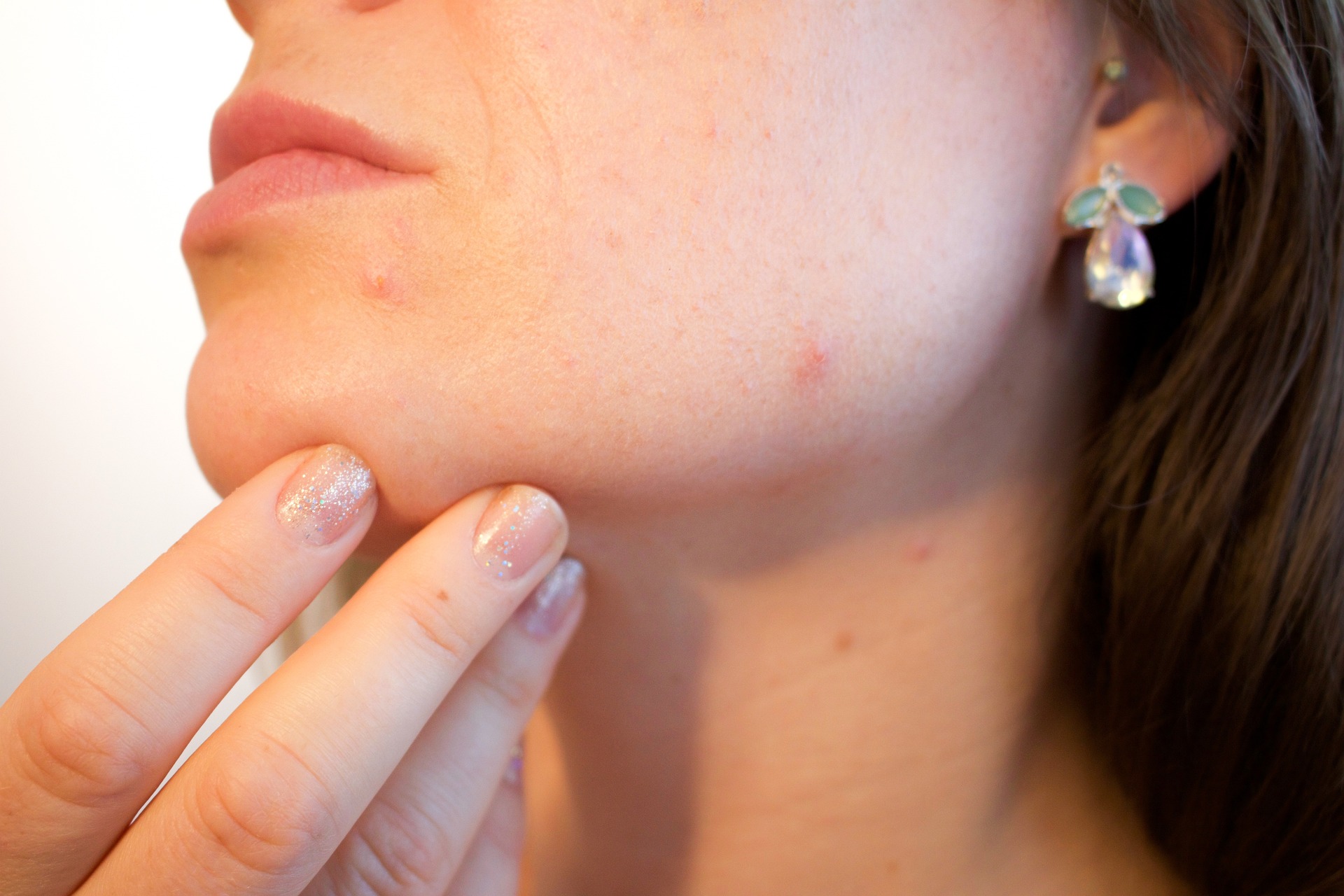science
Prenatal Vitamins and Acne: A Simple, Scientific Guide
On This Page

People sometimes experience acne during pregnancy. This had led some to wonder: Could prenatal supplements be a factor? Let’s look at the evidence.
Experiencing acne during pregnancy is surprisingly common, with episodes most often occurring during the first and second trimesters. While these bouts of acne are typically temporary, many people understandably would prefer to avoid it or to swiftly resolve it when it crops up.
This phenomenon has led some to wonder just why this is – and what causes it. Is it possible that popular prenatal supplements contribute to acne outbreaks? What does the research say?
Why prenatal supplements are important
Prenatal means “before birth,” and these supplements are formulated with nutrients to support the health of the pregnant parent and the developing child.
Prenatal supplements first came on the scene in the 1970s, when supplement companies started adding folic acid to their multivitamins. The CDC recommends that pregnant people and people trying to become pregnant increase their folic acid intake. But the nutrient needs of pregnant people extend beyond folic acid. Indeed, studies have shown that blood levels of most vitamins go down during a pregnancy. Prenatal supplements help fill these nutrient gaps, helping the pregnant person’s body function at a high level while also supporting the development of the child.
The American College of Obstetricians and Gynecologists suggests that pregnant people take a prenatal vitamin to help maintain normal vitamin levels and support a healthy pregnancy. Furthermore, 2020-2025 Dietary Guidelines for Americans recommends that nutrients such as folate, iron, and vitamin D be supplemented during pregnancy. If you are pregnant or trying to become pregnant, you should talk to your doctor about prenatal supplements.
What does research say about prenatal supplements and acne?
Here’s the thing: There is no existing research that’s examined a possible connection between prenatal supplements and acne. Reports of prenatal supplements contributing to acne are purely anecdotal, and, in such cases, the acne could have been caused by a range of other factors.
Indeed, pregnancy itself can lead to an increase in hormones known as androgens, which can cause your skin to produce more of an oily substance called sebum. Sebum can have the effect of clogging pores and contributing to breakouts.
Pregnancy and acne
Pregnancy leads to increases in androgens, hormones that, among other things, can cause your skin to produce more sebum – an oily substance. One effect of this is that your pores can clog, leading to bacteria and breakouts. Pregnancy-related acne is known as hormonal acne, and it typically resolves once your hormones return to normal levels. It’s worth noting, though, that these hormone changes are not related to whether or not you’re taking prenatal supplements.
Pregnancy and postpartum acne
Postpartum acne is another example of hormonal acne, having to do with hormonal fluctuations during pregnancy and right after giving birth. Your fluctuating hormones can cause your body to produce more oil, thereby clogging your pores and possibly leading to an acne outbreak. This is rather common, and in terms of your overall health, is nothing to worry about. Keep in mind: Acne is the most common skin condition in the United States.
Can other vitamins cause an acne breakout?
Vitamin supplements can lead to some pesky side effects. In some cases, vitamins taken at high levels have been associated with acne. For example, high doses of vitamin B12 – particularly vitamin B12 supplements that have been contaminated with anabolic-androgenic steroids – can contribute to acne. In other words, the quality of your vitamin matters a great deal. While most prenatal vitamins include vitamin B12, you can find a prenatal vitamin that is third-party tested and high quality, such as those offered by Care/of.
Pregnancy-safe products for skin health
During pregnancy, your top priority is the health of your body and the health of your developing child. Don’t get discouraged if a little acne forms; you’re in good company.
You should avoid topical vitamin A products during pregnancy, and you should generally try to use products that are free from endocrine disruptors (parabens, benzophenones, bisphenols, and phthalates). Using organic, natural solutions can be a safe bet. Some popular natural topical remedies include: apple cider vinegar, honey, and coconut oil.
The most important thing is that you talk to your gynecologist and dermatologist before adding any oral or topical products to your routine.



